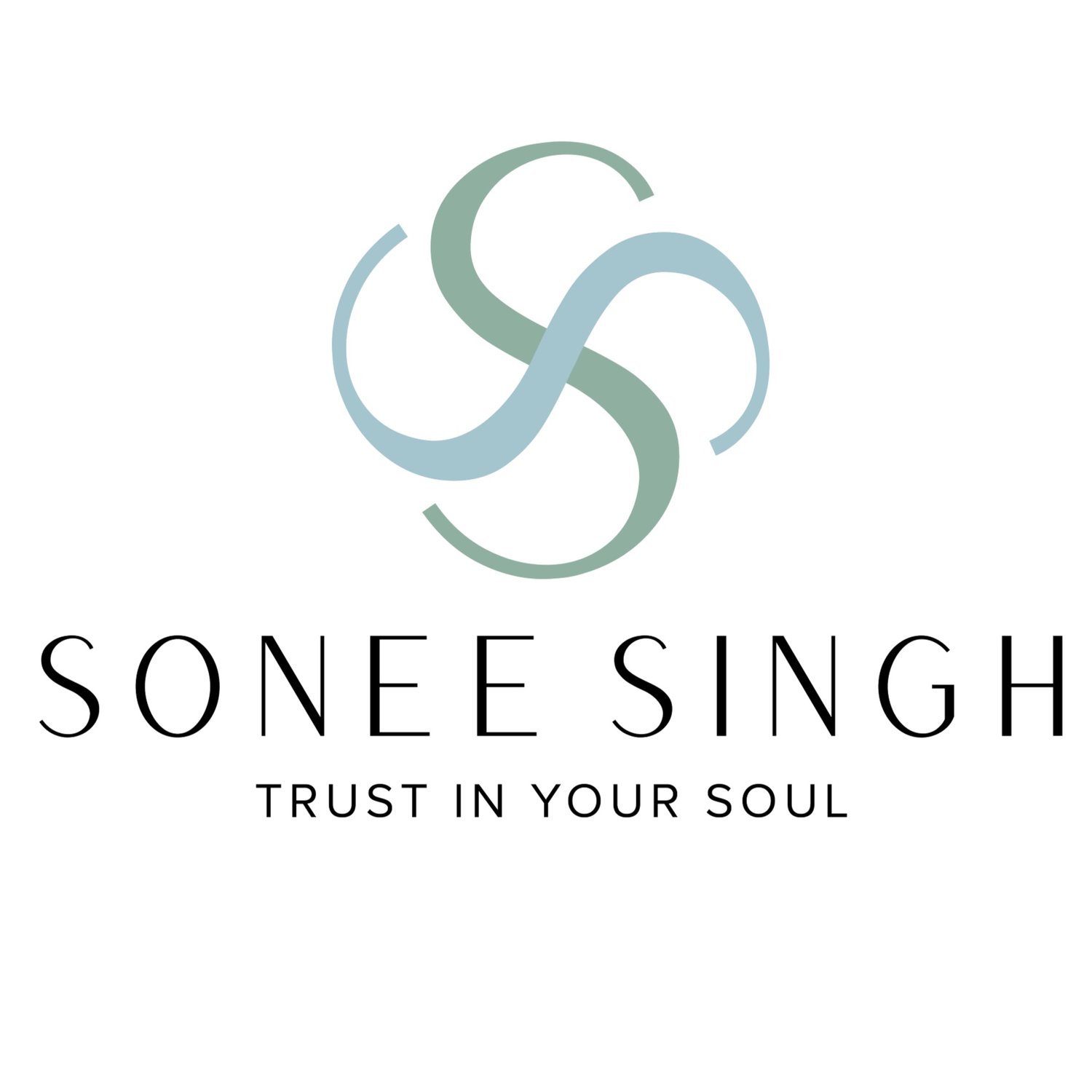What I Learned from Writing My First Novel
Writing has always been part of my life in some way shape or form in whatever job or occupation I've had. It wasn’t necessarily artistic,
as I was writing promotional material, training manuals, treatment menu descriptions, marketing copy, and business plans. At the time I started Lonely Dove, I was a wellness coach, and I regularly posted articles on health and wellness.
Lonely Dove was one of the first manuscripts I started writing and I began working on it six years ago, in January of 2018. The book was published four and a half years later, in September of 2022.
My first lesson was recognizing that when I found my passion—writing—it didn’t feel like work at all.
I loved writing, but what I really wanted to do was creative writing, not just non-fiction. The novel was born out of a desire to explore stories I held within. I started writing the novel on the side. I had the idea for the story in my head for a long time and had attempted many times to write portions of Lonely Dove. I had written short stories but nothing too long or complete.
When I began working on the manuscript in earnest, I didn't know if I had it in me to finish a novel. It turned out I enjoyed working on the novel so much, that soon enough, I spent more time writing my book than doing my wellness coaching work.
My second lesson was accepting that if something was important to me, I had to give it my time and attention.
It takes a lot of effort to write a novel and I didn't know if I was going to be able to write it all. It turns out I had it in me, but it took a lot of dedication. The articles I had written until then were 800 to 1,200 words, a short story was about 5,000 words, but a novel is at least 80,000 words. Lonely Dove is nearly 87,000 words long. I learned I had to be diligent, not just in making time for writing, but in minding the style. I had to make sure the storyline had continuity and consistency, and that the plot and characters went through an arc. When I did, I knew it needed to be improved.
My third lesson was knowing that I couldn’t do it alone.
I wanted to know if there was value to the story and if it was worth sharing. But, I wasn’t qualified. I have many degrees and certifications but none are in writing. I looked for help, and it turned out to be a long process of learning, editing, and rewriting.
Poetry was simpler because poems are a series of moments I collect under a theme. Yes, they need editing, but not in the same way. There doesn’t need to be continuity and consistency from page to page. My poetry was published quite quickly. One thing after another just fell into place.
It took longer with my first novel because I had so much to learn. I worked with a writing coach and five editors, each at a different stage of my writing process. I had to continue finding new editors because as I developed the story I knew I needed more and more help to get it to be the best version I could write.
My fourth lesson was better understanding my writing style.
I had to discover my style of writing. In the industry, I’m known as a pantser as opposed to a plotter. Some people are hybrids, and with my second novel, Can You Be, I had some of the story plotted out because it started as a short story, but the rest I figured out as I wrote.
Some writers plan out their whole novel before they start writing, and they know what the character is going to do, where they're going to go, what's going to happen to them, and how the ending is. For me, it was more intuitive. It wasn’t until I wrote Lonely Dove that I took my characters on a certain path versus another path. I got a general idea of who the characters were, what their personality was like, and a couple of elements of their journey, but the rest came to me as I wrote.
Editors pointed out I over-wrote and I had to go back to delete. Sentences, paragraphs, and even chapters got cut out during editing.
I later learned there was value in what was seemingly a shortcoming. In overwriting, I became familiar with my characters. I got to know their personalities, and how they behaved and acted. I understood how they reacted in different scenarios, like why they held something back in some situations and why they opened their hearts in other circumstances. I also learned how they built relationships with other characters, and why they bonded with one character but not with another.
Looking back, my takeaways are the following:
It’s important to find your passion and to give yourself permission to follow it
If something is valuable to you, give it your time and attention
When you need it, ask for help
Learn about yourself, what works for you, and what doesn’t
I encourage you to discover and follow your passions. What do you yearn to do? What do you make time for? Dedicate time to it and you may be surprised at the results.

